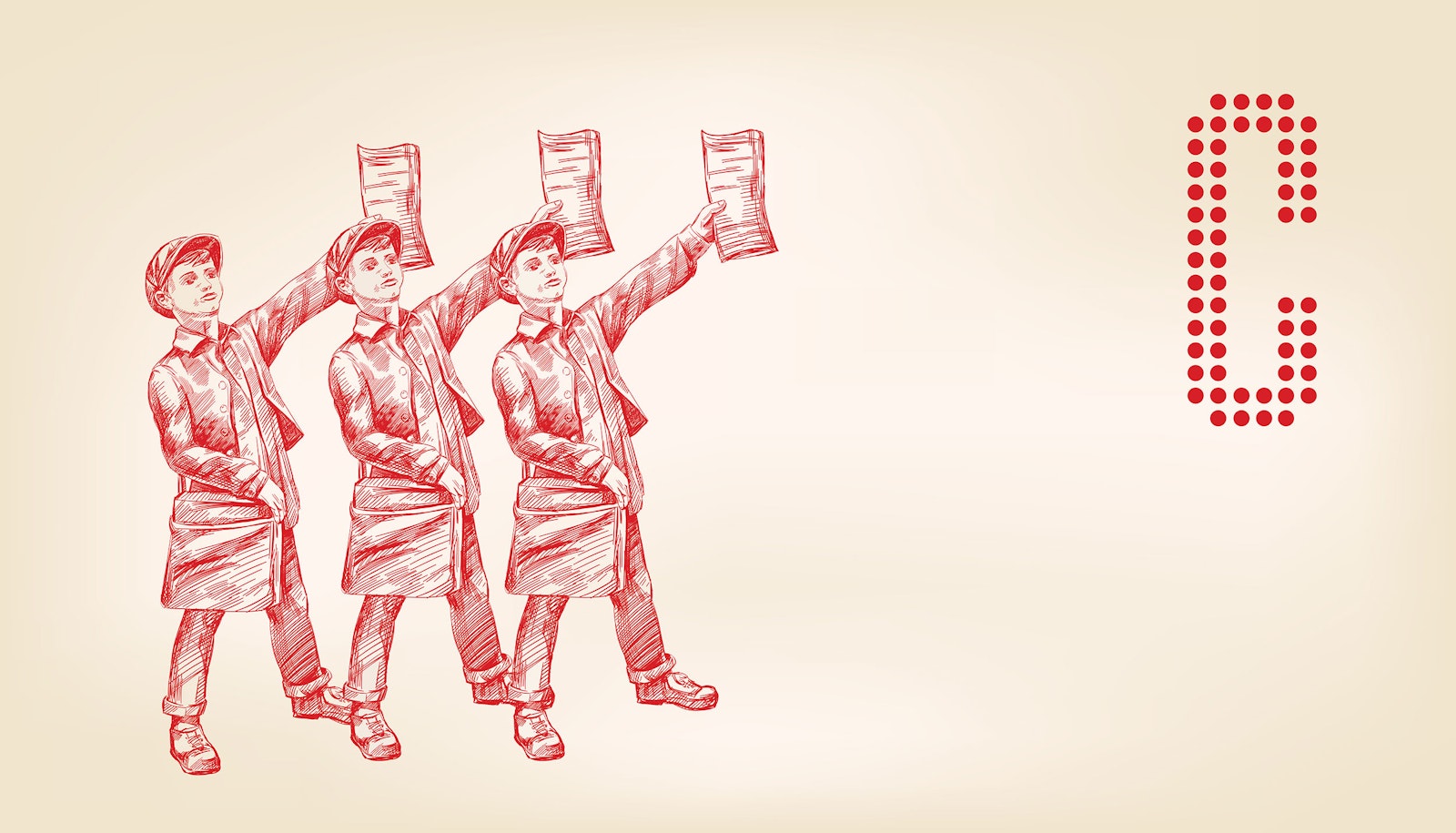Good Press, Bad Press - What's the Difference?

As long as they're talking, does it matter what they're saying?
There’s no such thing as bad press.
We’ve all heard PT Barnum’s maxim that even unflattering thoughts are better than no thought being given to you at all. Proponents of this mantra will likely tell you that even news that links your brand to controversy or moral misdeed will, at the very least, get your name out there. And no one ever died from a little overexposure, right?
We’ve seen arguments made for the effectiveness of negative press time and time again, with one of the most recent high profile examples being Peloton’s controversial holiday ad. Read enough articles and you’ll see claims that all of the negative clamor and buzz led to increased web traffic that may, at some point, pay dividends to the brand at a future date. But this hardly seems like enough benefit to make accepting the damaging fallout caused by the ad worth it. Peloton’s web traffic may have increased but it’s stock has yet to fully recover.
So are brands ultimately benefiting from less than favorable coverage?
Mr. Barnum’s mantra sounds catchy, but being memorable isn’t the same as being true.
In short, it’s a circus act.
Sorry. Had to say it.
If brands were truly being rewarded for their reported bad behavior (whether the claim is true or false), wouldn’t every brand controversy we can remember have some happy ending we could look back on? Wouldn’t brands be lining up at the door to link their names with the most taboo topics out there? If any press is, eventually, good press then there are no repercussions for being wrong.
I don’t remember H&M stocks soaring after their recent jungle foray. I don’t remember Wendy’s sales skyrocketing after a digit was claimed to be pulled out of their chili. And strangely enough, I don’t see Corona Extra seeking out any associations on social media with the recent pandemic sharing its name. Although the Google Trends report for “coronavirus beer” is still worth a look.
I understand the notoriety play. I’m sure there’s been a non-zero number of cases where brands saw benefit from the increased public awareness that negative press brought them. At least in the short-term. But the thing is, short-term benefit doesn’t always equate to long-term success. The buzz may have brought a “boom" to the brand, but one has to ask what the metric of the “boom” actually is.
Some brands caught in the crossfire of unfavorable news cycles may claim benefits of increased awareness or web traffic. Some may even say that controversy has been the jetpack that has managed to launch them from obscurity to being a globally recognized name. But there’s a catch.
There’s a difference between notoriety and loyalty.
If notoriety is all you can muster, you may be lucky enough to benefit from the increased attention for a while, but the consumer is fickle. They soak up controversy and high-profile news reports and then drop them with the attention span of a goldfish. Success from bad press may, at times, provide a shot of adrenaline to a brand struggling for air, but the brand will only remain top of mind until another brand's more memorable misdeed takes place. If notoriety is all your brand name holds, rest assured it will fade. And when it does, you’ll have nothing more to offer your audience.
If it’s loyalty you build, the attention you gain may be slower in progress, but it’s earned. The actions used to build loyalty may not be headline grabbing, but they ensure the notoriety you capture among consumers is more than a blip on the radar. These are brands choosing what they’re remembered for rather than letting others do it for them. The Patagonia’s who stand for a larger cause that resonates with their audience and stands by their products. The REI’s that so deeply believe in the joy that the outdoors brings, they shut down on Black Friday to give consumers a better chance at experiencing that joy themselves. And weirdly enough, the White Castle’s whose quality (not my words) and commitment to innovation has kept them slinging tiny patties onto counters for nearly a century, without franchising.
Notoriety is the Fool's Gold of prospecting a strong brand, it looks shiny and for a moment it’s nice that people are talking about you. Loyalty is genuine gold, it takes time and energy to mine and comes at great expense over a lifetime of hard work to build a more reliable, consistent and engaging brand. Don’t be fooled by the sparkle of notoriety. Instead, reflect on an aphorism that holds a little more water than Mr. Barnum’s:
All that glitters is not gold.


